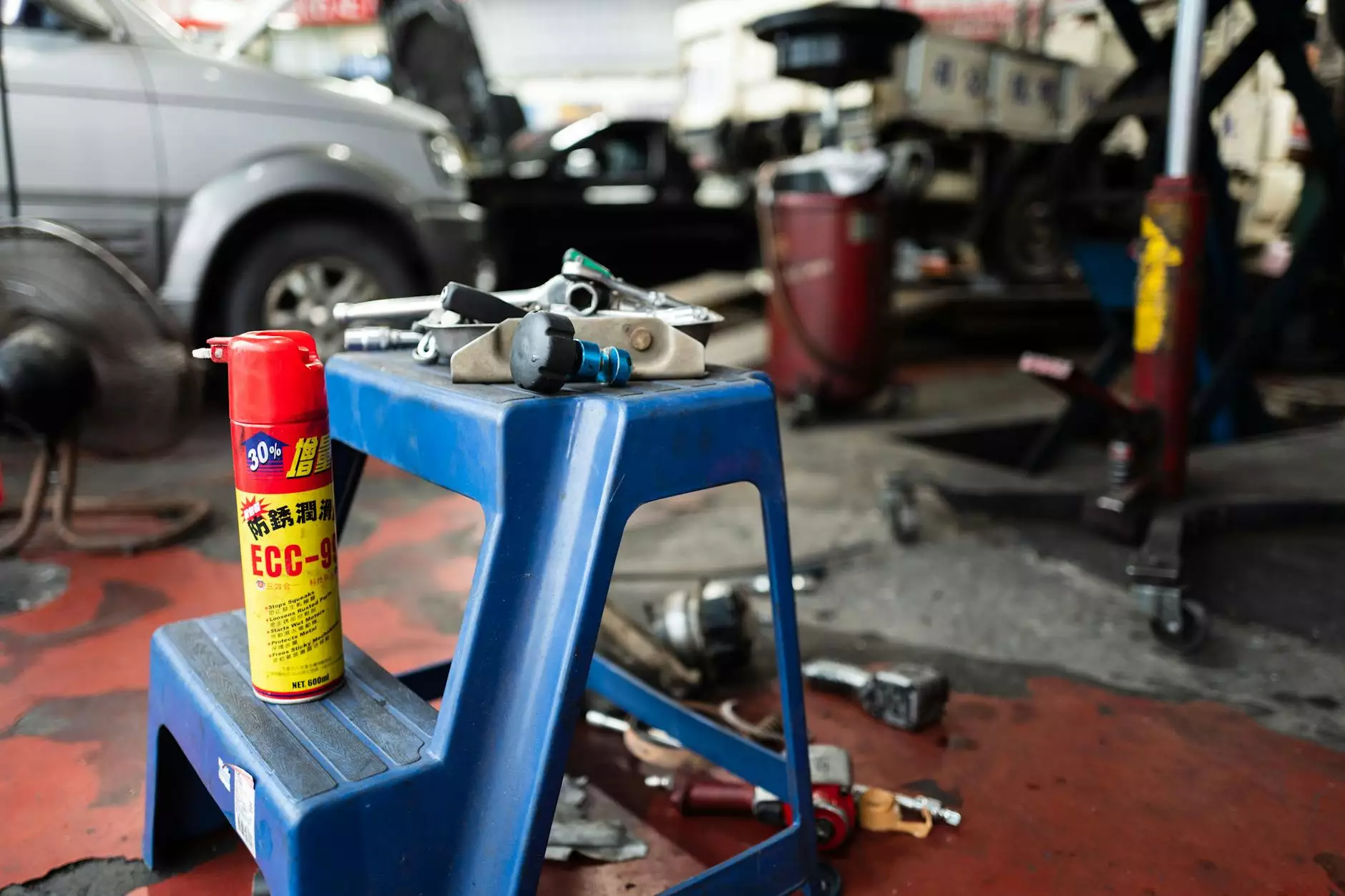The Comprehensive Guide to Choosing the Right Parts Supplier in the Automotive Industry

The automotive industry is an intricate web of manufacturers, parts suppliers, and service providers that work together to create and maintain vehicles. For businesses operating within this sector, finding the right parts supplier automotive can significantly impact efficiency, cost, and customer satisfaction. In this comprehensive guide, we will explore the key aspects of choosing the right parts supplier and how it can affect your automotive business.
Understanding the Role of a Parts Supplier
A parts supplier automotive is a company that provides various components necessary for the manufacturing, maintenance, and repair of vehicles. These suppliers play a critical role by ensuring that original equipment manufacturers (OEMs) and aftermarket service providers have access to all the necessary parts. The relationship between businesses and parts suppliers is crucial because it affects both operational efficiency and profitability.
Types of Automotive Parts Suppliers
Parts suppliers can generally be categorized into several types:
- OEM Suppliers: These suppliers provide parts that are manufactured for specific vehicle models, ensuring a perfect fit and high quality.
- Aftermarket Suppliers: They offer parts that are compatible with various vehicle makes and models, often at a lower price point.
- Tier 1, Tier 2, and Tier 3 Suppliers: These terms refer to the supplier's position in the supply chain, with Tier 1 supplying directly to OEMs, and lower tiers providing components to those suppliers.
Why Quality Matters in Automotive Parts Supply
In the world of automotive parts, quality cannot be overstated. The reliability and performance of a vehicle largely depend on the quality of its components. Here are some reasons why choosing a quality parts supplier is crucial:
- Safety: Quality parts minimize the risk of vehicle failure, which can lead to serious accidents.
- Longevity: High-quality components are durable, ensuring that vehicles perform optimally for longer periods.
- Cost-Effectiveness: While cheaper parts may seem appealing, they often lead to more frequent replacements and repairs, ultimately costing more.
Key Criteria for Selecting a Parts Supplier Automotive
When searching for the ideal parts supplier automotive, several key criteria should be considered to ensure a successful partnership:
1. Reputation and Experience
Researching a supplier's reputation is essential. You should look for suppliers with extensive experience and positive customer feedback. A well-established supplier is likely to have a proven track record of reliability and quality.
2. Product Range
Your parts supplier should offer a wide variety of products to meet your specific needs. This includes not only the core components but also any specialty items related to your business operations.
3. Pricing Structure
It's vital to understand the pricing model of your supplier. While cost shouldn’t be the sole deciding factor, you should seek a supplier whose pricing aligns with your budget while still providing quality products.
4. Customer Service
Excellent customer service can make a significant difference in your experience. A supplier that is responsive and helpful can streamline your operations and enhance your partnership.
5. Logistics and Delivery
Consider the supplier’s logistical capabilities. Efficient delivery options are paramount, especially if your business is dependent on just-in-time inventory practices.
6. Compliance and Certifications
Ensure that your parts supplier adheres to industry standards and compliance regulations. Certifications, such as ISO or IATF 16949, are good indicators of a supplier's commitment to quality and reliability.
How to Build a Successful Relationship with Your Parts Supplier
Establishing a positive and mutually beneficial relationship with your parts supplier can yield significant benefits. Here are some strategies to consider:
1. Open Communication
Regularly communicate your needs and concerns. A transparent relationship fosters trust and allows both parties to work together more effectively.
2. Regular Meetings
Schedule periodic reviews or meetings to discuss performance, challenges, and improvements. This can help both you and your supplier stay aligned on goals and expectations.
3. Provide Feedback
Whether positive or constructive, feedback is essential for improvement. If a part fails to meet quality expectations, communicate this to your supplier to help them enhance their services.
4. Long-term Partnership
Investing in a long-term relationship with a parts supplier can lead to better pricing and priority service as both businesses grow.
Top Parts Suppliers in the Automotive Industry
Here are some of the leading parts suppliers in the automotive industry known for their quality and reliability:
- Bosch: Renowned for high-quality electrical components and fuel systems.
- Delphi Technologies: Offers a broad range of aftermarket components with a focus on innovation.
- Denso: Specializes in advanced technology and high-quality automotive parts.
- Magna International: Provides a wide array of automotive systems and components.
Conclusion
Choosing the right parts supplier automotive is a critical decision for any automotive business. By understanding the importance of quality, carefully evaluating potential suppliers, and fostering strong relationships, businesses can enhance their operational efficiency and drive success. Investing time and effort into this vital aspect of the automotive industry will pay dividends in the long run.
For more information and to explore a wide range of automotive parts, visit imautoparts.com.









